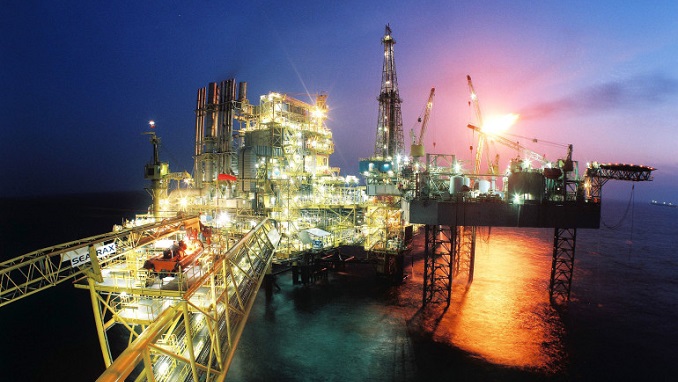The decline in oil prices, which occurs amid weakened demand and fears of a second wave of the coronavirus, will affect Russia’s oil and gas revenues, TASS writes.
According to the Finance Ministry, from October 1, the export duty on oil will decrease by $2.1 to $45.4 per tonne. However, analysts believe that the oil market should improve by the end of the year.
The export duty on oil in Russia is tied to global oil prices, the Finance Ministry adjusts it on a monthly basis, taking into account the prices of the Russian export Urals oil since the 15th day of the previous month. This practice has been applied in the Russian budget system since 2001. Oil prices have been declining since the beginning of autumn.
From August 31 to September 15, the price of a November futures for Brent crude fell from $46.53 per barrel to $39.3 per barrel. Russian Urals oil is usually traded at a discount of several dollars to the North Sea benchmark.
According to Russia’s Finance Ministry, the average price of Urals from August 15 to September 14, 2020 was $42.7 per barrel, or $ 312.1 per tonne. Accordingly, from October 1, the duty on the export of Russian oil for oil workers will decrease from the current $47.5 to $45.4 per tonne.
“This is the so-called Kudrin’s scissors effect [Alexei Kudrin – former Finance Minister – TASS], when the time of fixing the tax burden on oil workers actually differs from the time they receive income from the sale of raw materials,” Stanislav Murashov, an analyst at Raiffeisenbank, explains.
“The impact of oil prices on budget revenues is direct – the price falls – and accordingly, the shortfall in revenues increases and vice versa,” he explains. Russia’s oil revenues will decrease not only because of that it, but also due to the mineral extraction tax MET. The formula of this tax also includes the price component, he says. MET accounts for 73% of oil revenues, that is, the effect of the export duty on revenues is even smaller here.
However, analysts interviewed by TASS doubt that oil prices will continue to drop to $35 a barrel by the end of the year. According to forecasts by the leading agencies for October-November, it is more likely that there will a rise in prices, said Andrey Polishchuk, an analyst at Raiffeisenbank. His bank expects the average Brent price in the fourth quarter to be $47 per barrel.
Research Director of Vygon Consulting Maria Belova believes that in the current conditions the equilibrium oil price is in the range of $40-42 per barrel. The head of the analytical department of AMarkets Artyom Deev added that by the end of 2020 the average oil price will be from $40 to $50 per barrel, but it will not exceed this level.












